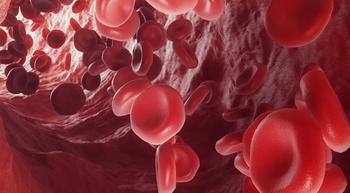
Experts from Cancer Treatment Centers of America explain why mental health is important from cancer diagnosis through survivorship, the types of therapy and more.

Experts from Cancer Treatment Centers of America explain why mental health is important from cancer diagnosis through survivorship, the types of therapy and more.

Although certain cancer treatments have been linked to an increased risk of a secondary cancer years later, an expert notes there are no genetic or pathologic studies that prove the association between new and previous cancers.

Recent research has demonstrated the ability of immunotherapy combinations to target advanced melanoma.

Regardless of a man’s age, providing care to a partner or family member with cancer has been shown to take a drastic toll on their health. To make matters worse, research shows many men struggle in silence.

As The DONNA Foundation’s 15th annual marathon brings the breast cancer community together, two “streakers” discuss why they continue to participate in every marathon.

As more and more people in their 20s and 30s begin to receive diagnoses of multiple myeloma, a type of blood cancer, one expert stresses that continued research to improve survival in this patient population is critical.

A patient’s experience with polycythemia vera — a rare blood cancer — led to her becoming an advocate for others to help ease all the nerves and uncertainty that many patients face when they hear they have cancer.

Drugs that control blood pressure and lower cholesterol, among others, may help patients derive greater benefit from cancer treatment, but study findings have left researchers reassessing their next moves.

Aesthetic appearances, according to an expert at the UCSF, are often important for patients following the surgical treatment of cancer. Advancements in this space over the past 20 years have allowed many to patients to look as normal as possible.